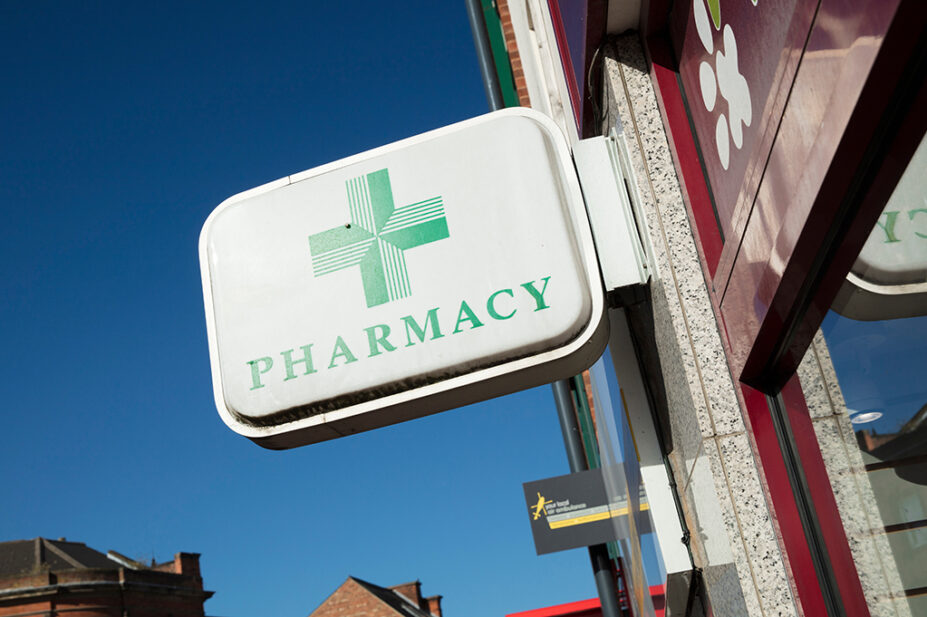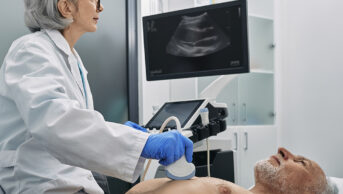
Shutterstock.com
Using community pharmacies to detect cardiovascular disease (CVD) in patients carries the highest return on investment of all CVD prevention interventions considered in a report by the NHS Confederation.
The ‘Paving a new pathway to prevention’ report, published on 7 October 2024, measured return on investment over five years of a range of interventions, including smoking cessation, CVD and substance abuse, in primary, community and social care.
Of 11 CVD interventions considered in the report, having community pharmacies “aid in the detection of cardiovascular disease” provided the highest return of investment at £7.52 per £1 invested after five years, while “reduction of sedentary time at work” provide the lowest return on investment, at £0.34 per £1 invested after five years.
“Implementing community pharmacies to aid in the detection of cardiovascular disease provided the quickest return, within one year,” the report said.
The ‘NHS health check’ provided the next highest return on investment at £5.18 per £1 invested after five years, followed by statins at £4.14 per £1 invested after five years.
The report summarises that the findings make “a clear case for shifting to a more proactive and preventative healthcare system through community-based interventions”, adding that the “headline finding” was that there is an opportunity to make a bigger impact from prevention by selecting interventions with the highest return on investment.
“The conservative estimate suggests this could be equivalent to £11bn a year, based on the £5bn that is currently spent on the public health grant by local authorities and on health inequalities by the NHS,” the report said.
Commenting on the findings, James Davies, director for England at the Royal Pharmaceutical Society, said: “This report underlines how pharmacists are central to supporting earlier detection and treatment of major conditions.
“People will often seek advice from a pharmacy and this is an ideal opportunity for the pharmacist to detect early warning signs of what could potentially become a chronic condition. Early detection and timely referral can make a significant difference to a person’s quality of life, particularly at the early stages of a chronic condition such as heart disease.
“As the government looks to develop a ten-year plan for the NHS, making best use of pharmacists’ skills and supporting a resilient community pharmacy network will be essential to delivering its ambitions on prevention and managing the growing cost of long-term conditions.”
Paul Wright, consultant cardiovascular pharmacist at Barts Health NHS Trust, said the report “is supported with evidence base to demonstrate significant outcomes that can be achieved through preventative programmes”.
“As an example of what community pharmacists can do — they have supported to identify over 25,000 people with high blood pressure since the ‘NHS community pharmacy blood pressure check service‘ started in 2021, notably 30% of these were in the most deprived communities and the services have supported previously difficult to reach population,” he said.
Data published by NHS England in August 2023 showed the number of blood pressure checks delivered by community pharmacists under the ‘NHS community pharmacy blood pressure check service’ to people aged over 40 years had more than doubled since May 2022, from 58,345 to 149,865.
NHS England estimated this increase could have prevented more than 1,300 heart attacks and strokes.


